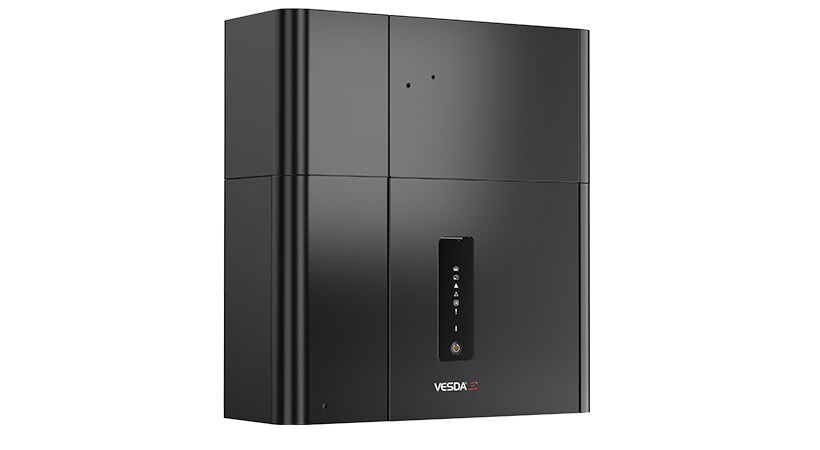Honeywell has launched a solution that combines early warning smoke detection with advanced indoor air quality (IAQ) monitoring.
Built on the VESDA-E line of aspirating smoke detectors, the VESDA Air solution has a five-in-one IAQ sensor within a single box, which can help improve building safety by identifying life safety, asset protection or IAQ issues before they escalate into problems.
VESDA Air complements Honeywell’s healthy buildings solutions that can help improve occupant well-being, meet energy efficiency goals and, importantly, change the way occupants experience a building.
Honeywell’s VESDA technology actively samples air – rather than passively waiting for smoke to reach traditional spot sensors – to identify trace amounts of smoke and enable early intervention before it disrupts operations. Honeywell engineers have integrated into the same VESDA system a highly sensitive IAQ sensor that measures critical IAQ parameters, including volatile organic compounds (total VOCs) listed by ASHRAE as ‘contaminants of concern', fine particulate matter of 1.0 micron (PM1.0) and PM2.5 or larger with unprecedented accuracy, CO and CO2 concentration, temperature and humidity. Ideal for premium commercial buildings, healthcare facilities, hospitality, manufacturing and schools, the new sensor provides instrument-grade IAQ sensing for data uniformity and accuracy.
“The emphasis on indoor air quality isn’t going away – and that’s a good thing as more organizations work to create safer, healthier environments that help boost occupant well-being and productivity,” said Udaya Shrivastava, vice president and chief technology officer, Honeywell Building Technologies. “We challenged our engineering teams to find a way to complement the capabilities of our aspirating smoke detection systems with highly sensitive IAQ monitoring. The system identifies not only the minute presence of smoke, but also the presence of air quality contaminants of concern – allowing building operators to react and respond to out-of-bounds parameters quickly, before they escalate into unsafe situations.”





